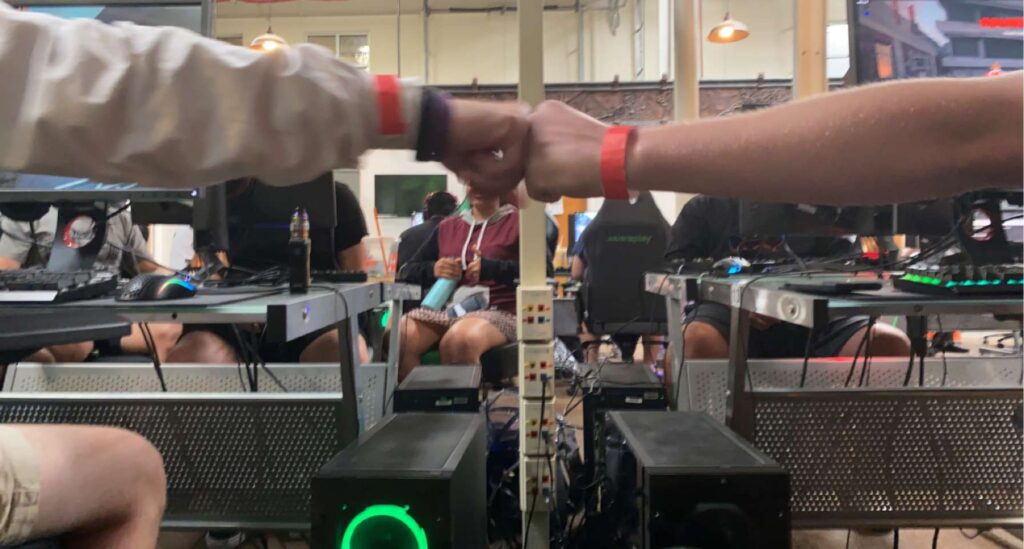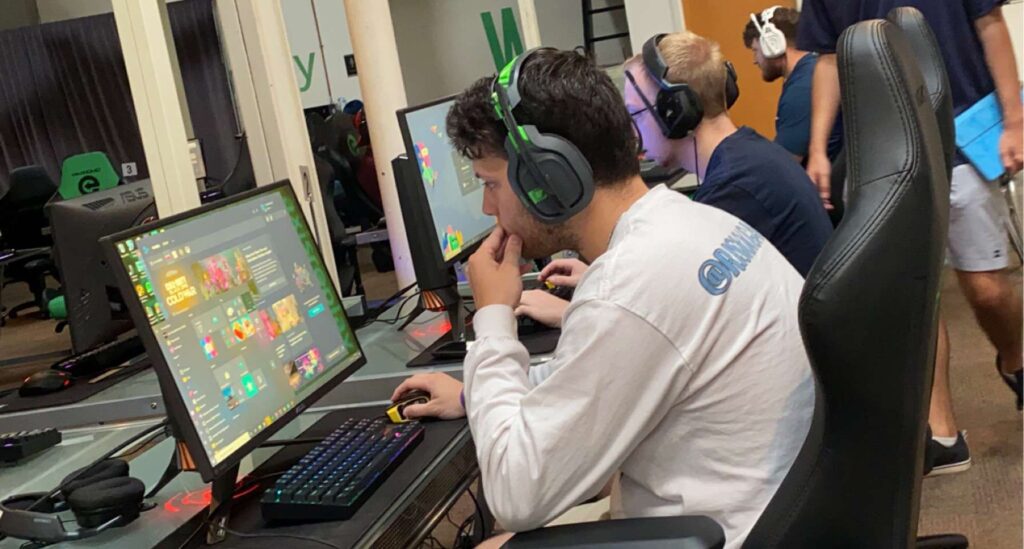Leveraging Esports in Career and Technical Education: Developing Future-Ready Skills
Esports, or electronic sports, is rapidly emerging as more than a global entertainment phenomenon. It represents a dynamic and strategic arena where participants engage in competitive video gaming, either as individuals or in teams, aiming to outscore their opponents. This competitive format can significantly add to Career and Technical Education (CTE) programs, aligning with and enhancing the technological proficiencies required in today’s digital workforce.

The Relevance of Esports in CTE: As technology increasingly infiltrates every aspect of our lives, the skills that esports develops are becoming ever more crucial for students in CTE programs. Esports offers a unique platform to cultivate a variety of technical and soft skills crucial for the technology industry, including:
- Teamwork: Most esports require players to work as part of a team. This mirrors the collaborative environments of many tech workplaces, where cross-functional teams work together to solve complex problems.
- Hand-eye coordination and Reaction Time are fundamental in esports, as players must execute precise actions quickly. These skills are also valuable in fields such as digital manufacturing, robotics, and various forms of engineering.
- Critical Thinking and Strategic Planning: Players must continuously assess the game environment and adjust their strategies accordingly. This is akin to real-world problem-solving in technology development and project management.
- Problem-Solving: Esports presents players with challenges that require quick thinking and swift decision-making, helping to refine problem-solving skills that are highly transferable to any tech-driven career.
Integrating Esports into CTE Curricula: Incorporating esports into CTE curricula involves more than just allowing students to play games. It requires a structured approach where the gaming environment is used as a tool to enhance learning and skill development. Here are a few ways how esports can be integrated effectively:
- Curriculum Development: Schools can develop modules that use esports to teach programming, digital literacy, and cybersecurity, among other subjects.
- Extracurricular Activities: Establishing esports clubs and teams provides students with the opportunity to practice and develop skills in a structured, competitive setting.
- Career Pathways: Educators can guide students on how esports can lead to various career opportunities in game design, sports management, and broadcast media.

Case Studies and Success Stories: Several institutions have already seen success by integrating esports into their CTE programs. For example, a high school in Silicon Valley reported increased student engagement and improved teamwork skills among students participating in their esports program, leading to higher overall academic achievement.
Esports is more than just playing games; it’s about preparing students for the future. By integrating esports into CTE programs, schools can provide students with a stimulating and relevant way to develop essential skills that will serve them well in their careers. As the digital landscape evolves, the intersection of esports and education offers a promising path to equip students with the resilience and adaptability needed for success in the technology-driven world.
This approach makes learning more engaging and ensures that students are better prepared to meet the challenges of the modern workforce head-on.

